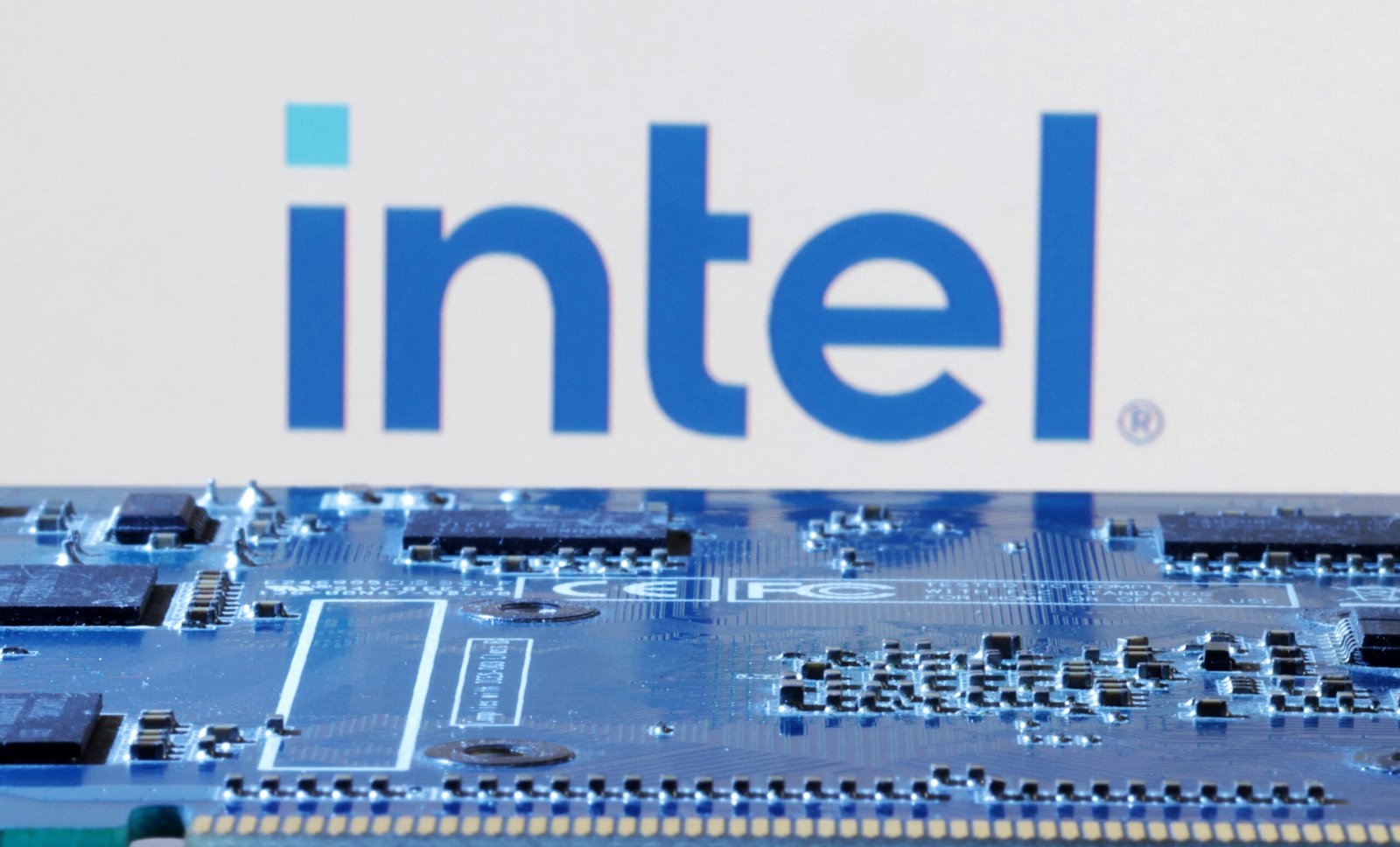Intel has successfully defended its ability to continue selling hundreds of millions of dollars’ worth of chips to Huawei, overcoming efforts to halt the transactions. This victory allows one of the world’s largest chipmakers to maintain its relationship with the heavily sanctioned Chinese telecoms company, Huawei.
The pressure to revoke the license, granted by the Trump administration, permitting Intel to supply advanced central processors to Huawei, came from Intel’s competitor Advanced Micro Devices (AMD) and China hawks seeking to curtail sales to the Chinese firm.
Intel’s retention of the license illustrates the uneven and uncertain landscape companies navigate as the U.S. aims to restrict Beijing’s access to sophisticated American technology, particularly concerning a sanctioned entity like Huawei.
The decision enables Huawei to maintain its foothold in the global laptop market, while AMD faces substantial losses in sales to the Chinese company.
Republican Senator Marco Rubio has urged the Biden administration to revoke Intel’s license immediately, highlighting concerns over taxpayer-funded innovation supporting transactions with Huawei.
The Chinese Embassy in Washington condemned the restrictions on Huawei as “economic bullying” and called for the U.S. to refrain from stretching the concept of national security to suppress Chinese companies.
Huawei, a focal point in the ongoing technology dispute between Washington and Beijing, was added to the U.S. trade restriction list in 2019 over alleged sanctions violations.
Although Intel retained its license, AMD’s application for a similar permit was left unanswered after President Joe Biden took office in early 2021.
The impact on CPU chip sales to Huawei was stark, with AMD’s share plunging from 47.1% in 2020 to 9.3% in the first half of 2023, while Intel’s share soared from 52.9% to 90.7% during the same period.
Despite these disparities, the Commerce Department shelved plans to revoke licenses late last year, indicating a shift in policy direction and an effort to reset relations with Beijing.
Intel’s license is expected to expire soon and may not be renewed, signaling potential changes in the dynamics of Huawei’s chip suppliers.
While Huawei has expanded its market share in China and continues to rely heavily on Intel chips for its laptops, the licensing policy has undoubtedly influenced the competitive landscape in the semiconductor industry.



